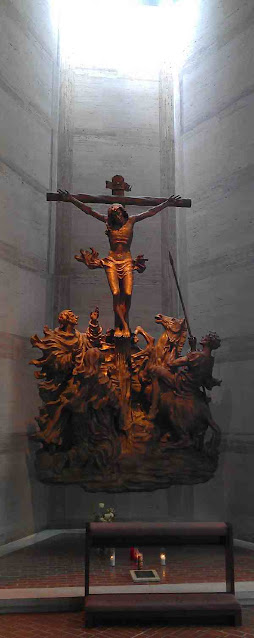I used to say, "I love you."

I used to say, "I love you." Then you'd ask, "Why?" And I'd try to think of something you might not construe as something you should do. I'm not sure how to tell why I loved you then. My sense has change of what love is, and much has happened since. Maybe we're shaped by promises we make, and by how we value them. Something like intertwining yews that grow in England on either side of churchdoors. Now with little yews here too we face the wind and snow together. And parts of who we are ourselves become who we are to each other. Not because we think we'll last forever but because we wouldn't trade the chance to be what good we can for however long we're able.











